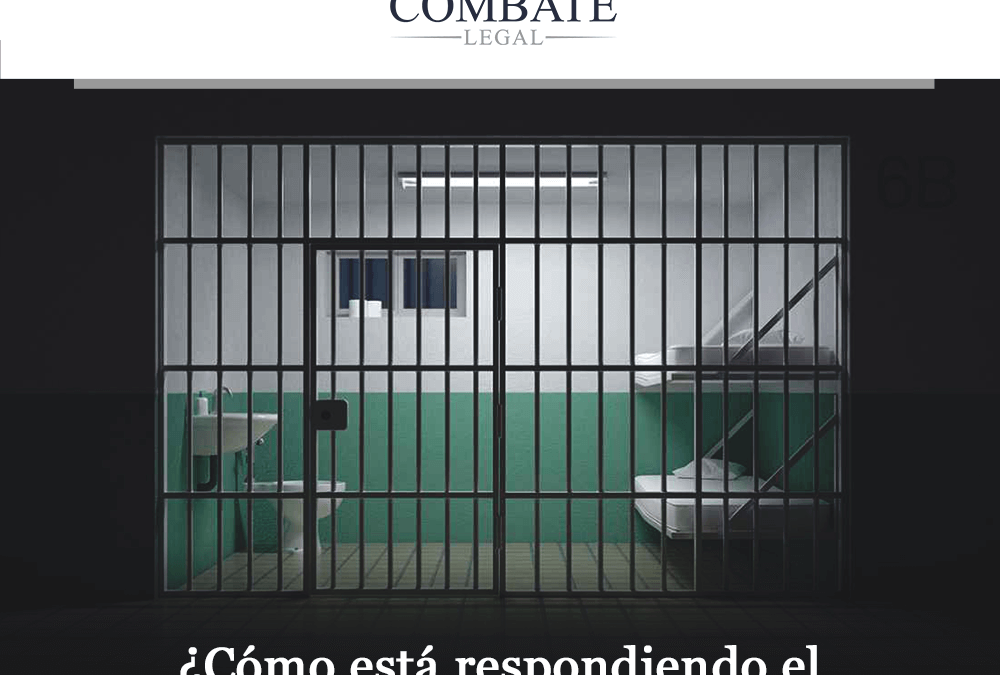At any given time, around 10.5 million people are housed in local jails and prisons across the United States. The daily population is estimated to be approximately 750,000. As the novel coronavirus COVID-19 continues to plague cities across the nation, there are concerns about how the jail system is responding to the pandemic. Are inmates, staff, and nearby communities safe?
Concerns about Jails and Prisons Amid COVID-19
Inmates and staff are regularly cycling through jails and prisons. These individuals share common areas, eating spaces, bathrooms, and sleeping quarters. Social distancing is almost impossible, given how jails and prisons are set up. This has led to serious concerns about how to manage coronavirus cases in jails and prisons and how to prevent severe outbreaks.
In response to these concerns, jail and prison officials are working to find a balance between protecting staff and inmates inside the facility and protecting the public in nearby communities. Some of the ways that the jail system is responding to the COVID-19 pandemic include:
Limiting Visitation and Contact
Jails across the U.S. are limiting visitation and personal contact between inmates and their families, probation officers, healthcare providers, and court personnel.
Cite and Release
Some jurisdictions are directing police officers to cite non-violent offenders rather than arrest them. Low-level, non-violent offenses can be managed through fines and court dates, rather than adding to the prison population.
Canceling Bench Warrants
By canceling (vacating) bench warrants, law enforcement will not be making as many arrests, which means fewer people cycling through jails and prisons.
Reducing Bail
Many detainees are jailed because they cannot afford bail. Some jurisdictions have reduced or eliminated bail for non-violent, low-level offenders, meaning jail populations are reduced. Instead of a bond, defendants would be released under their recognizance, meaning they promise to appear in court at a scheduled date.
Early Release
Some jurisdictions have authorized jails to release inmates early if they meet certain conditions. To qualify, the inmates must:
· Be non-violent offenders
· Have less than 30 or 60 days on their sentence
· Be serving time for a misdemeanor (not a felony)
· Be serving time for a technical probation violation
· Be a vulnerable individual (chronic medical condition, pregnant women, elderly)
The criminal law team at Hitzke Law Group (Combate Legal in Long Beach, California) has extensive knowledge of criminal law in California. Our legal team is experienced in handling cases in various courts. Call us today for a free consultation in Southern California.


Recent Comments